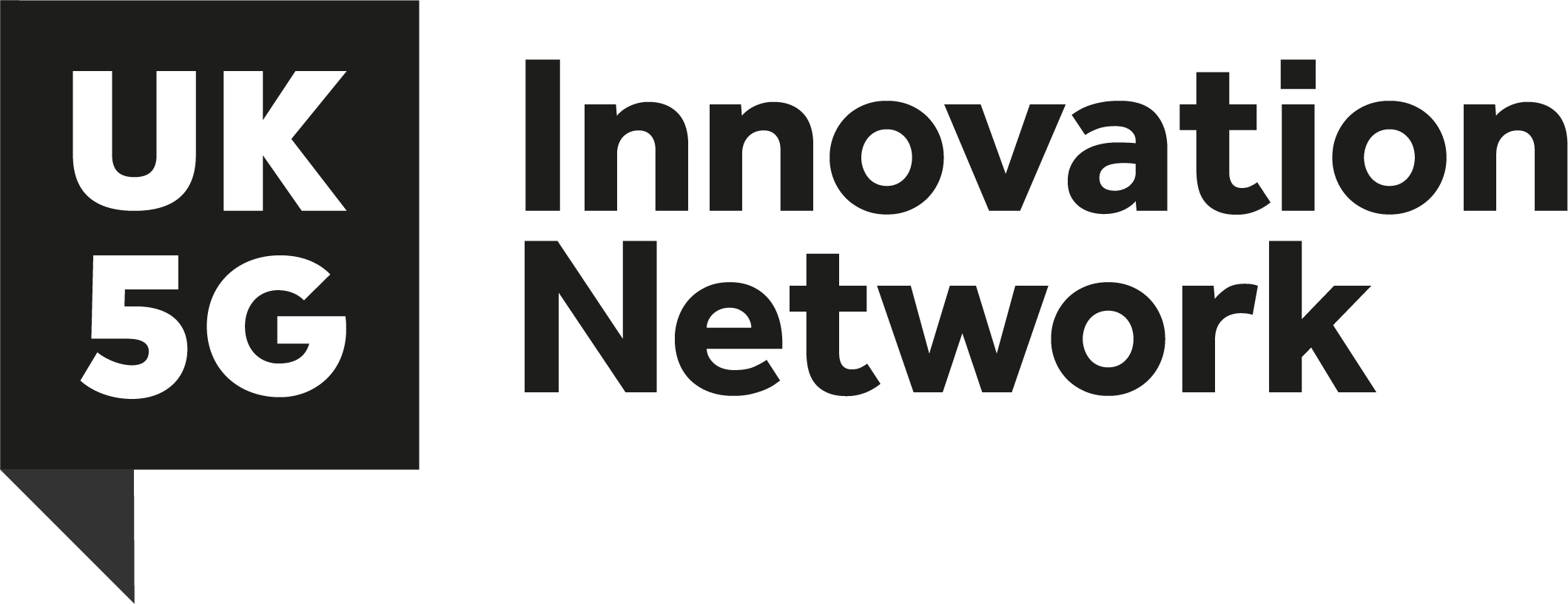You can’t always rely on connectivity in Orkney.
It’s patchy, inconsistent and even non-existent in certain areas, particularly our islands. It’s not until you get to the larger cities on mainland UK that you grasp how unconnected we really are.
That’s why I was so motivated to assist the 5G RuralFirst’s trials and testbed project coming to Orkney.
For me, as an employee of Orkney Islands Council, it’s not just about being up to date with the latest technology – it’s about the opportunities this technology can bring to the people of Orkney.
Back last year, we shared with you our plans for Orkney-specific use cases, but of course this project is a trial, so the locations and finer details of the use cases are subject to change, and we have learned a lot since we started. That’s part of what makes 5G RuralFirst so exciting – it’s a living, breathing, developing project that has reacted to opportunities!
It’s been a busy few months in Orkney, so I thought it was time to give an update on the use cases that have been deployed. From tourism to local industry, here’s how we’re helping build the case for greater affordable connectivity in Orkney.
Orkney tourism
Beautiful coastlines, rugged landscapes – it comes as no surprise that the Orkney Islands are a hub for tourist activity.
But as soon as we get an influx of tourists, our networks start to struggle with the rising demand for connectivity and data.
They start to slow down, and even fail completely.
That’s where our sustainable tourism (connected bus) use case comes in.
By deploying connectivity to tour buses, used on the route from Kirkwall to our World Heritage sites such as the Ring of Brodgar and Skara Brae, we enable passengers to connect to the internet and access dynamic content on the move.
And it’s not just on buses that we’re looking to improve connectivity…
OpenRoaming
From our buses to our towns: 5G RuralFirst is working with Cisco to test new OpenRoaming technology in Kirkwall.
This technology is designed to make it easier to join Wi-Fi networks seamlessly and securely, and you don’t even need a 5G phone to do it. With OpenRoaming, you will automatically join the WiFi whenever you enter a hotspot – keeping you connected.
The network is powered by our local service provider CloudNet and uses a combination of mobile, fibre and other connectivity technology to connect everything together.
That means improved connectivity throughout the Islands – which is great news for the community and visitors alike!
Salmon farms
Rural industry is a huge contributor to our UK GDP.
Farmed salmon is not just Scotland’s biggest food export, it’s the UK’s largest food export by value and is a major contributor to our national economy in its own right.
Therefore, it’s important we have the right technology in place to help the growing demand and help the industry stay competitive and sustainable.
5G RuralFirst is working with Scottish Sea Farms, who operate a salmon farm in Scapa Flow, to deploy oxygen sensors and video technology to enable the farms to improve efficiency with more automation, become more productive and, importantly, minimise risk to the workforce and the environment.
The salmon farms are off-shore, so fixed line connections are not practicable. The farm infrastructure is also subject to the Orkney weather and the movement of the waves, so the mobile communications technology the project has deployed works to overcome these challenges. Remote monitoring of the farms keeps the salmon and employees safe!
Wind farms
From the ocean to the hills, another use case we’re working on is our wind farms – specifically, in Hammars Hill, Evie.
Internet of Things (IoT) sensors enable us to monitor the high value equipment. This technology can help identify potentially dangerous weather conditions, enabling appropriate action to be taken to minimise impact.
This will help improve the efficiency of the farms.
It’s not just local industries that can benefit from better connectivity. The same radio kit that we’re using on the wind farms is also being used to provide broadband connectivity to the surrounding areas, so local communities and homes within reach of the signal will also benefit.
Community broadband
Many communities in Orkney have very poor and intermittent internet connectivity. We’re looking to change this with 5G RuralFirst.
We’ve provided handsets to a selection of local residents and businesses with access to our 5G RuralFirst network.
Access to this network allows them to experience the impact improved connectivity can have on day to day life – to downloading tv programmes, managing banking and payments online and keeping up to date with the latest news and information.
Water monitoring
Technology has a huge part to play in making every day processes like water monitoring as intelligent and streamlined as possible.
In Kirkwall, the project has deployed IoT-enabled technology at a public building to help improve the monitoring of water quality to ensure it doesn’t reach the temperatures in which legionella bacteria can grow. This not only reduces the time required for manual testing but reduces the risk to users of the building.
Li-Fi solar backhaul
Imagine a world where every light connects us with unprecedented data and bandwidth.
Li-Fi is a bi-directional, high-speed, wireless, light-based communication technology that uses light spectrum, as opposed to radio frequencies, to carry information.
As part of the project, we’ve installed equipment, including solar panels, on a lighthouse and the roofs of nearby houses in Graemsay to test this method for providing backhaul in remote locations.
Li-Fi extends connectivity to hard-to-reach properties on Orkney, including homes with slow and unreliable connections. It also offers opportunities for areas that have not been connected before!
Broadcast live radio
We’re testing an innovative method of delivering broadcast content to enabled devices, demonstrating the use of a specialised capability in the network to deliver radio broadcasting.
On Stronsay, the project has deployed a broadcast system onto one of our 4G radios, and we are testing the performance and features of 5G broadcast.
We’ve built a special version of BBC sounds that can tune into radio broadcasts; with this you can listen to a whole host of radio channels, as well as access the internet via your mobile phone… And, as with many of our use cases, the mobile phones can be configured as Wi‑Fi access points which can allow other items in the household to get an internet connection.
Better connectivity for all
It’s time we re-examined the case for connectivity in rural areas and look for new solutions to deliver to remote communities, or areas with low population density not served by the commercial market.
We need to be looking at the economic activity of an area, over simply the number of people who visit or live there.
Through these use cases, The Orkney Islands have a part to play in helping showcase possible solutions for better connectivity for all of the UK’s rural areas. But our efforts are far from over – I’m seeking a long term sustainable solution which will bring lasting benefits to our area.
And my efforts will continue to build on the success of the trials to deliver a lasting solution.


